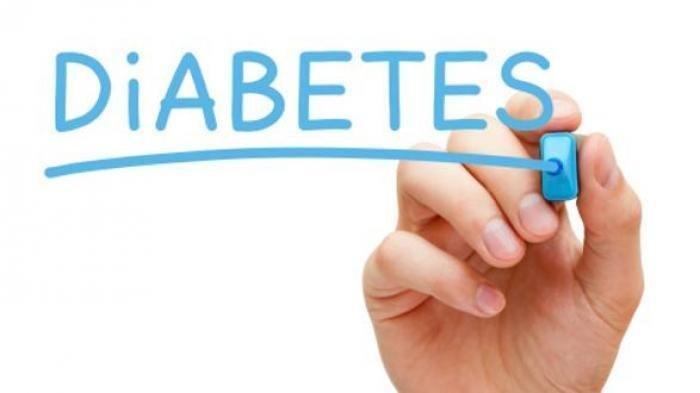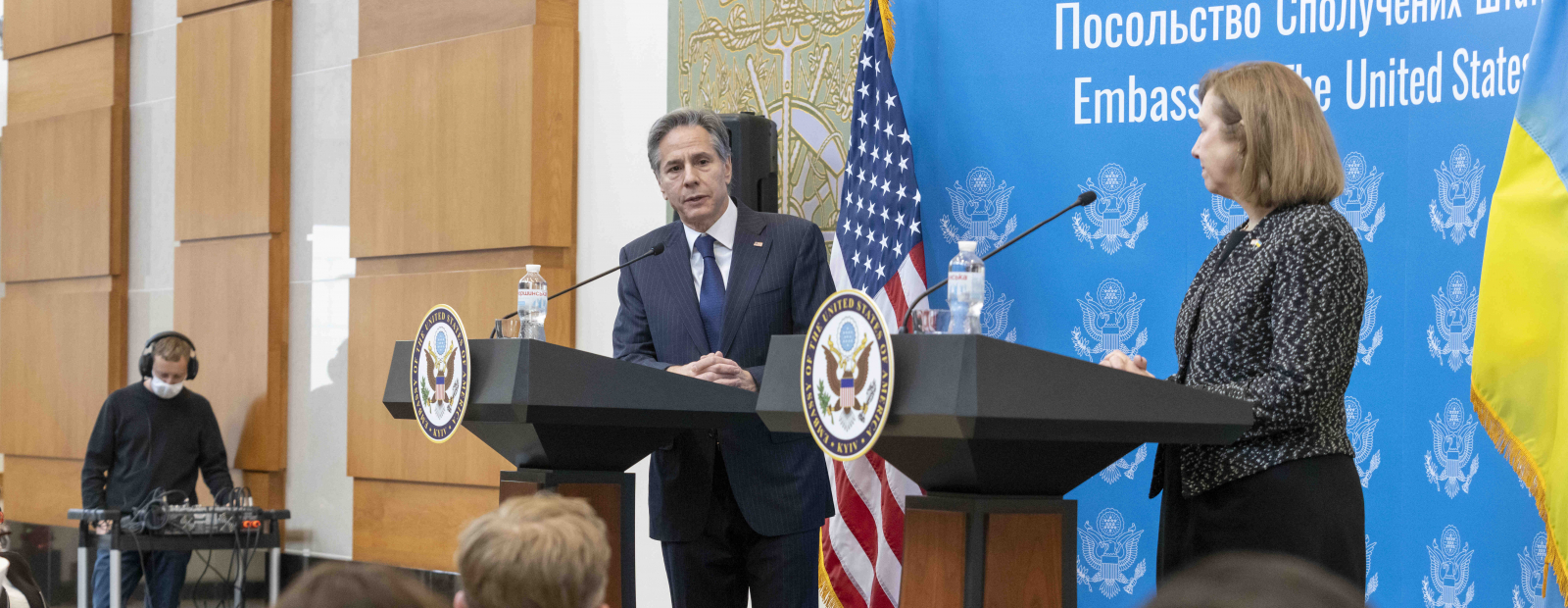Latin America turned into a sceneto political battle among the left. Since 2020, a wave of governments has tipped the balance against the right, however, the fact that the left dominates the regional map does not imply that there are differences between the same trends.
This week opened a confrontation of declarations between the government of Venezuela against that of Chile, Peru and Colombia, after in these countries, the left distance itself from the regimes of Nicolas Maduro, Daniel Orteda and Miguel Díaz-Canel.
The Venezuelan president attacked the new latin american leaders for their statements against his government, for which he branded them as cowards, without morals and failures.
The origin of the conflict occurred under the declarations of the Peruvian president, peter castleto the American news network CNNwho was inclined to create a “true democratic and open model with Peruvians”, unlike what happens in Venezuela, Cuba and Nicaragua.
“I am not part of that, and I would not like Peru to become one of those models,” added the president.
In a separate interview with the Uruguayan outlet M24 Radio, Chile’s president-elect, Gabriel Boric considered that the democratic backsliding in Venezuela it has been brutal, for which he considered that “Chile will not take that path, but rather aspires to build a profoundly democratic left, respectful of human rights, that is capable of self-criticism.”
Finally, the Colombian presidential candidate, Gustavo Petrofavorite to win the elections, mentioned to the magazine Week that the Venezuelan president is “a person who is within the leadership of the policy of death.”
“Maduro’s image is not of a left wing leaderis a very conservative member of the most regressive factions of world politics that are trying to defend the world remaining in a fossil economy”, expressed the current Colombian Senator.
The statements have not gone down very well with the government of Maduro, who responded to the leftist leaders and suggested that the new leaders “have no morals, they do not have the level to attack the Bolivarian revolution”.
“It is a defeated, failed left, a cowardly left in the face of the imperialismagainst the oligarchies. And then they want to put on a varnish so that the oligarchies forgive them, and the worst of all is that they are not going to forgive them, none of them. So they assume the worst face of counterrevolutionaries, of anti-Bolivarians, from some cowardly left that is out there”, he commented during his participation in the program “With the mallet giving”.
The leaders of Nicaragua and Cuba They have not positioned themselves in the conflict, faithful to their positions of remaining isolated from any external conflict.
this war of statements occurs in a context in which the left has positioned itself in an unprecedented way in Latin America. In the last two years, it has maintained a drive to govern in most of the South American regions, and even with two regional powers such as Colombia and Brazil facing an electoral process, the left is positioned as the favorite to win in the hands of Gustavo Petro and Luiz Inacio Lula da Silvarespectively.
In 2021 there was also a wave of elections which placed Pedro Castillo in charge of Peru, Gabriel Boric of Chile, Daniel Ortega of Nicaragua and Xiomara Castro of Honduras, all of them leftist.
➡️ Subscribe to our Newsletter and receive the most relevant notes in your email
With the exception of Ortega, who remained in power under an internationally questioned process, the rest of the winners join a long list of left wing leaders that govern in the region, as is the case of Mexico with Andrés Manuel López Obrador, Alberto Fernández in Argentina and Luis Arce in Bolivia. If the trends in Brazil and Colombia continue, the left would have under its command the five main regional economic powers: Mexico, Brazil, Argentina, Chile and Colombia.
This is an unprecedented panorama for the region and, above all, a blow to right-wing political tendencies, despite the fact that they managed to recover Ecuador with Gullermo Lasso and Uruguay, with Luis Lacalle Pou.
–


